- 1.09K Posts
- 249 Comments

 21·23 hours ago
21·23 hours agoThis is somewhat related:
The report by the Swiss Bankers Association (SBA) and consultants zeb said on Thursday that Swiss policymakers should develop an approach to sanctions that ensures neutral Switzerland remains a safe haven for banks and their customers […]
Shortly after Russia’s 2022 invasion of Ukraine, Switzerland decided to adopt EU sanctions against Moscow. One measure was to freeze assets belonging to sanctioned Russians.
August Benz, deputy head of the SBA, raised concerns about Switzerland’s rapid adoption of sanctions […]
According to bankers, Switzerland’s clear stance on the Ukraine war has raised fears among foreign customers that it could support further Western sanctions in the future.
And:
Switzerland praises China-Brazil peace plan for Ukraine
Switzerland says its view on the Chinese plan has significantly changed in recent months Ukraine expresses disappointment in Swiss position

 11·2 days ago
11·2 days agoAs an addition to that, the Canadians have different view:
Protecting Canadian workers: CLC welcomes tariffs on Chinese imports – (Archived)
Canada’s unions are pleased with the government’s announcement to impose tariffs on Chinese imports, including a 100% tariff on electric vehicles and a 25% tariff on aluminum and steel, matching recent U.S. actions. Coming into force on October 22, this marks one of the most significant shifts in our supply chain in decades and it’s a necessary step in protecting Canada’s economy, our workers, and the investments we’ve already made in the electric vehicle (EV) industry.

 21·2 days ago
21·2 days agoI wrote, “Chinese companies have been focusing on their bottom line very much as companies elsewhere. They can rely on an ongoing stream of cheap labour, and, therefore, extremely low operating costs, as workers have no rights.”
What has that to do with the EU?
Interesting BBC article. At the end, it says:
A BBC producer [at a polling station] heard a woman who had just dropped her ballot in the transparent box ask an election monitor where she would get paid.
Outside, we asked directly whether she had been offered cash to vote and she admitted it without qualms. She was angry that a man who had sent her to the polling station was no longer answering her calls. “He tricked me!” she said.
She would not reply when asked who she had voted for.
Addition: BBC finds evidence of vote-buying in Moldova [video, 1 min.]

 22·3 days ago
22·3 days agoChinese companies have been focusing on their bottom line very much as companies elsewhere. They can rely on an ongoing stream of cheap labour, and, therefore, extremely low operating costs, as workers have no rights whatsoever.

 22·3 days ago
22·3 days agoI am wondering what the European automobile workers say about the slave-like working conditions of their peers in Xinjiang? The low prices of Chinese EVs are to a large extent possible because of such cheap forced labour, we must not forget that.

 201·6 days ago
201·6 days agoThe aggressor in this war is Russia that invaded Ukraine without any reason. This whataboutism is absolutely repugnant.
[Edit typo.]

 21·6 days ago
21·6 days agoUK: David Lammy must use China visit to challenge Beijing’s brutal suppression of human rights
‘The Government should ensure that talks on trade and security relations with China aren’t pursued at the expense of human rights’- Sacha Deshmukh, Amnesty International UK’s Chief Executive.
“Behind closed doors but also in public, David Lammy needs to tackle the Chinese government over its systematic, industrial-scale repression of ethnic minorities in Xinjiang and Tibet, its widespread imprisonment of peaceful activists and its completely unacceptable intimidation of students and campaigners here in the UK.
The Chinese authorities routinely target peaceful critics via pervasive online censorship, arbitrary arrest, detention and torture. Human rights defenders, pro-democracy activists and religious leaders and practitioners have been among those subjected to systematic persecution. The widespread repression of ethnic minorities in Xinjiang and Tibet has continued despite significant international criticism.
In Hong Kong, journalists, broadcasters and book publishers have been among those prosecuted and imprisoned under the territory’s notorious National Security Law and other repressive legislation, while civil society organisations both in Hong Kong and abroad have faced criminal charges or harassment for their legitimate activities. The long arm of Chinese state repression has meant that Chinese and Hong Kong communities in the UK, other parts of Europe and North America have all suffered various kinds of threats and intimidation, part of a sinister pattern of “transnational repression”.

 201·6 days ago
201·6 days agoNothing new that China supports Russia and that the West is trying to leverage this against China because of economic and political competition. Yeah, it’s not about justice or anything like that, it’s just Western interests. Nothing else.
No one in Europe has any ‘interests’ in the war in Ukraine nor in any other war. This comment is disgusting.

 61·7 days ago
61·7 days agoDas läuft in allen Staaten so …

 11·7 days ago
11·7 days agodeleted by creator

 11·7 days ago
11·7 days agoWhich sources are reliable for China news in general?
This is somewhat on topic:
Switzerland Won’t Implement the EU’s Russia Sanctions on Subsidiaries
Switzerland has decided not to fully implement the latest package of European Union sanctions against Russia, saying Swiss law already allows measures to prosecute subsidiaries of companies based in the country.

 51·7 days ago
51·7 days agoChinese cars are cheaper because the makers get heavily subsidised
Yes, and don’t forget forced labour, there are slave-like working conditions across the supply chain as there is no transparency.

 11·7 days ago
11·7 days agoIt really helps of you read before posting. And don’t forget to suggest sources you think are reliable.

 52·7 days ago
52·7 days agoIm Prinzip schon, aber ich habe den Vorspann vom Original genommen, weil der Origitnaltitel “Die rätselhafte Baku-Connection” nicht viel aussagt, finde ich. Damit kann man nicht viel anfangen, wenn man durch die Community scrollt.

 53·8 days ago
53·8 days agoWhere do you get your information on Tibet?
Here are some alternative sources:
Tibetan School Falls to China’s Legal Pressure (October 2024) – (Archived)
A 2010 cultural assimilation policy mandates that all schools in Tibet use Chinese as the primary language, starting from kindergarten. […] “The Chinese government is closing monasteries and Tibetan schools as part of a broader strategy to eradicate Tibetan language and culture.” […] Private schools are especially targeted in “patriotic education campaigns,” making language instruction harder to monitor. Eight of the remaining 16 private Tibetan schools have been ordered to close, while the rest face allegations and administrative pressure.
Tibet boarding schools: China accused of trying to silence language (March 2024)
Over recent years, the Chinese government has closed village schools - and private ones teaching Tibetan - and expanded the use of boarding schools. These have been in operation for many decades in a number of Chinese regions that are thinly populated - but in Tibetan areas, they appear to have become the main means of education. […] [Experts] say this kind of schooling creates psychological trauma for children who are forcibly separated from their families, who are pressured to send their children away. “The most challenging aspect of my life was missing my family,” said one Tibetan teenager, who attended a boarding school for several years, until she was 10.
China shows off a Tibetan boarding school that’s part of a system some see as forced assimilation (October 2023) – (Archived)
China has shuttered village schools across Tibet and replaced them with centralized boarding schools over the last dozen years. Many students come from remote farming villages and live at the schools. The practice is not limited to the region […] Activists estimate 1 million Tibetan children study at such boarding schools, though the number is difficult to confirm. They say the schools are part of a broader strategy to dilute Tibetan identity and assimilate Tibetans into the majority Chinese culture.
If you still don’t trust one of these sources, feel free to find others. It’s easy, they are all across the web.

 41·9 days ago
41·9 days agoThis is Springer media.

 51·9 days ago
51·9 days agoBack in July this year, the chairman of US carmaker Ford in Germany insists on the end for combustion engines in the EU.
I only found an article in German, here is a summary in English:
The chairman of the supervisory board of the US-based car manufacturer Ford in Germany, Gunnar Herrmann, stronlgy warned against a reversal of the planned end of sales for new cars with combustion engine in 2035 in the EU. “If you believe in prosperity, growth and the future, then leave the goals as they are,” Herrmann told the “Bild” newspaper. Otherwise, the automotive industry location of Germany as a whole is also at risk.
Those who still demanded a change in the intended drive to electric cars proved above all that they “have no strategy” and “now pray to the good God that they can continue the old stuff”, said Herrmann. Anyone who wants to stop the development would endanger the site, because “then the cars will come from China”.

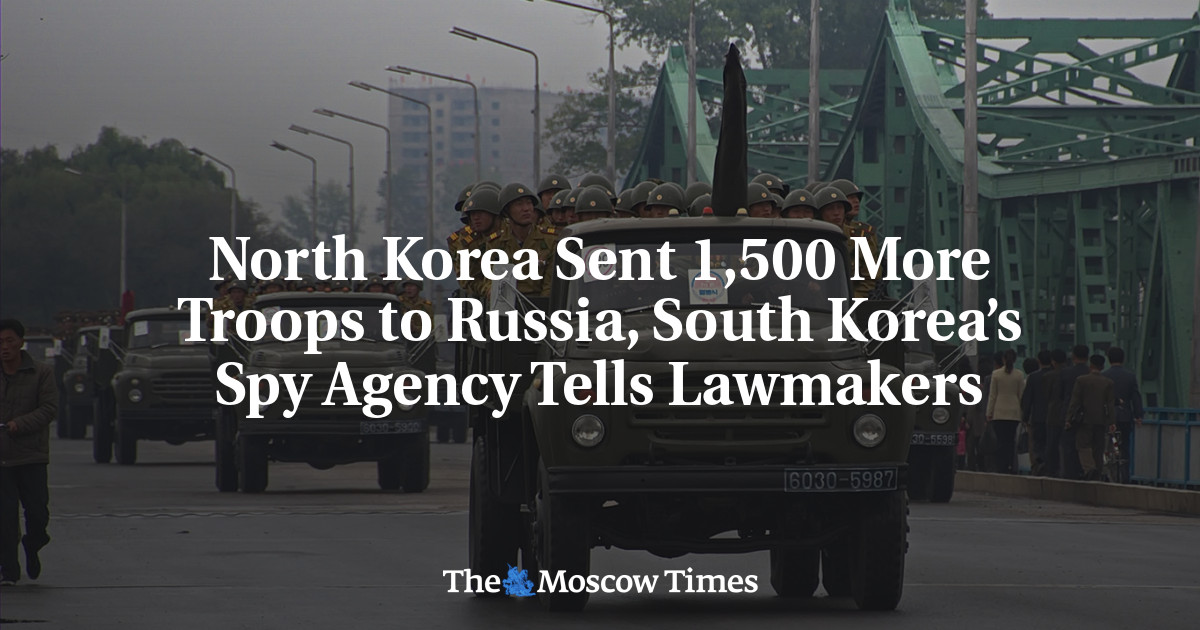


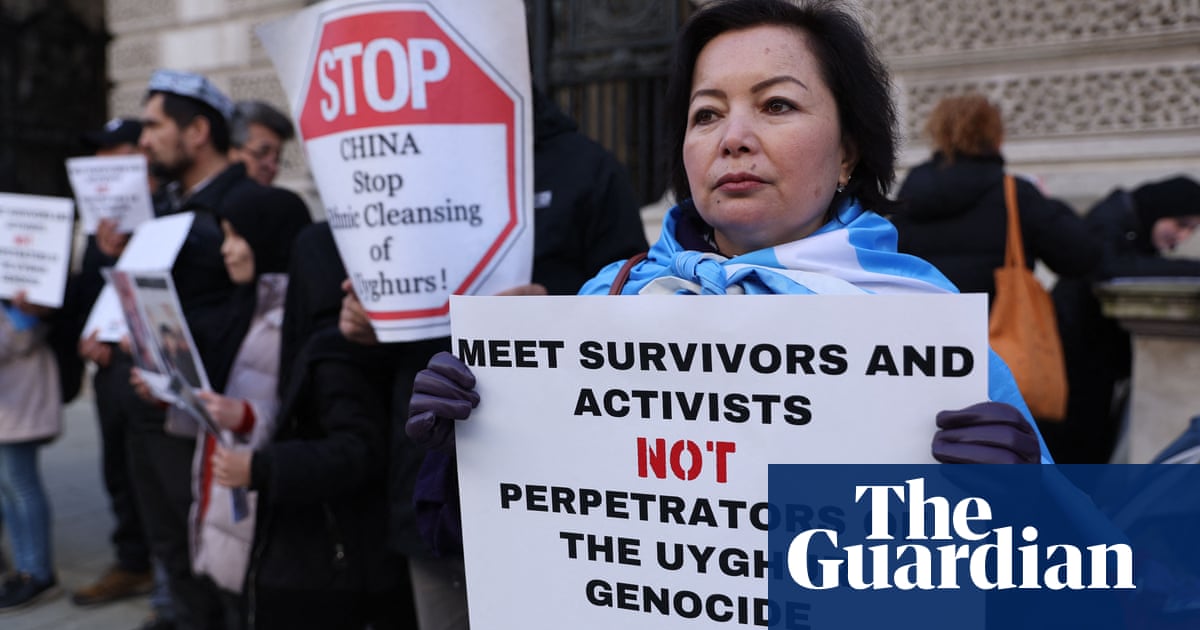

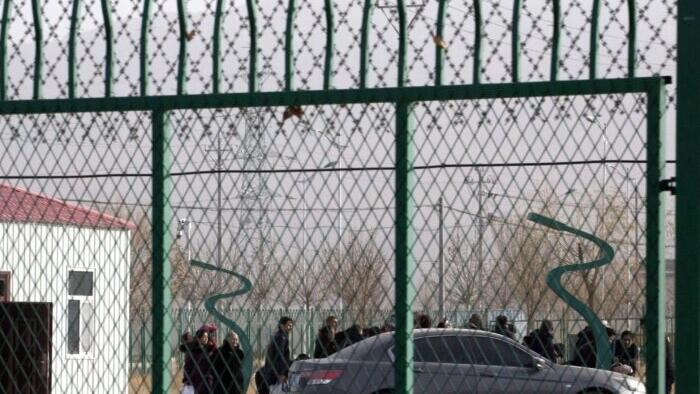

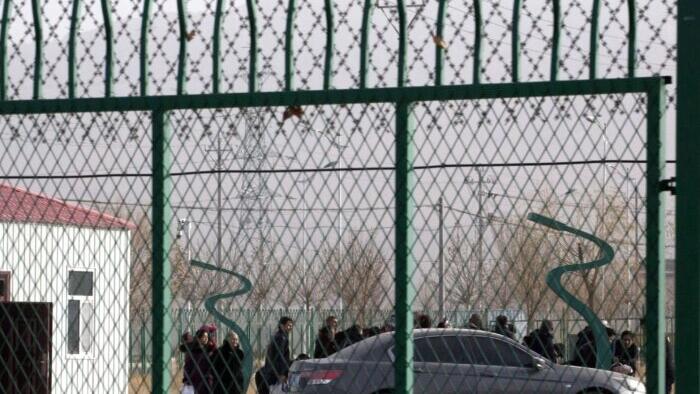
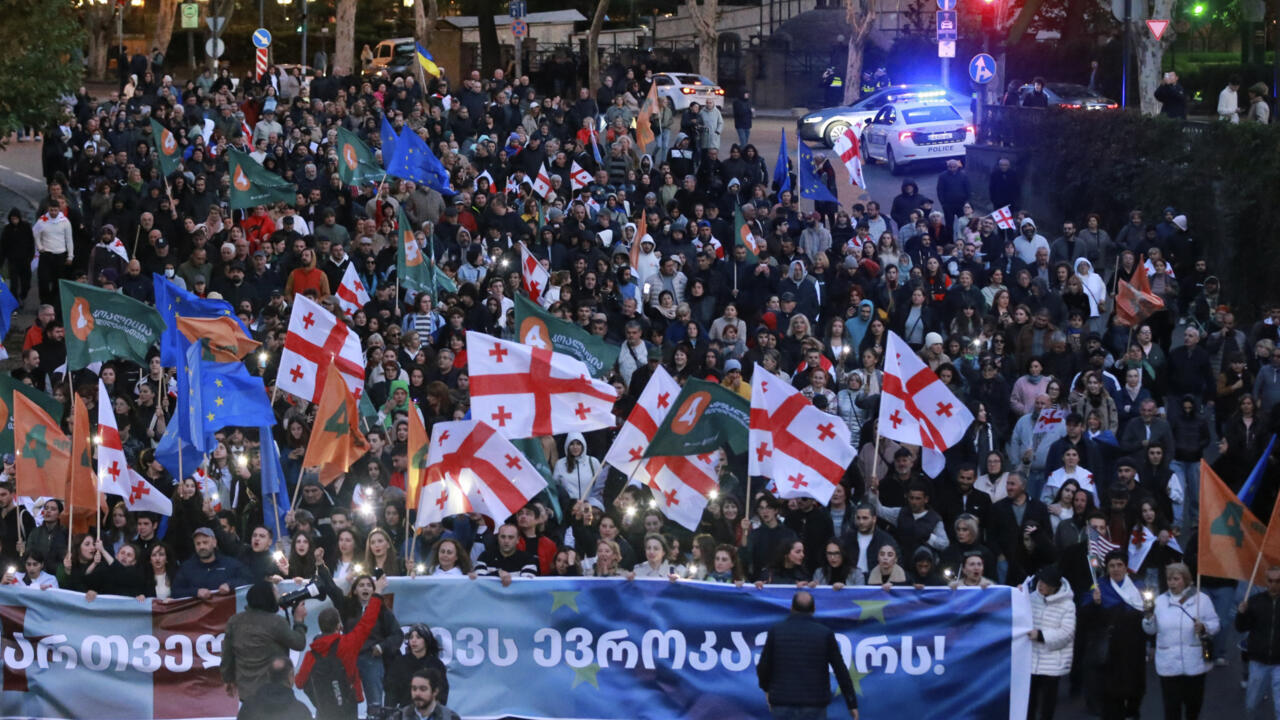
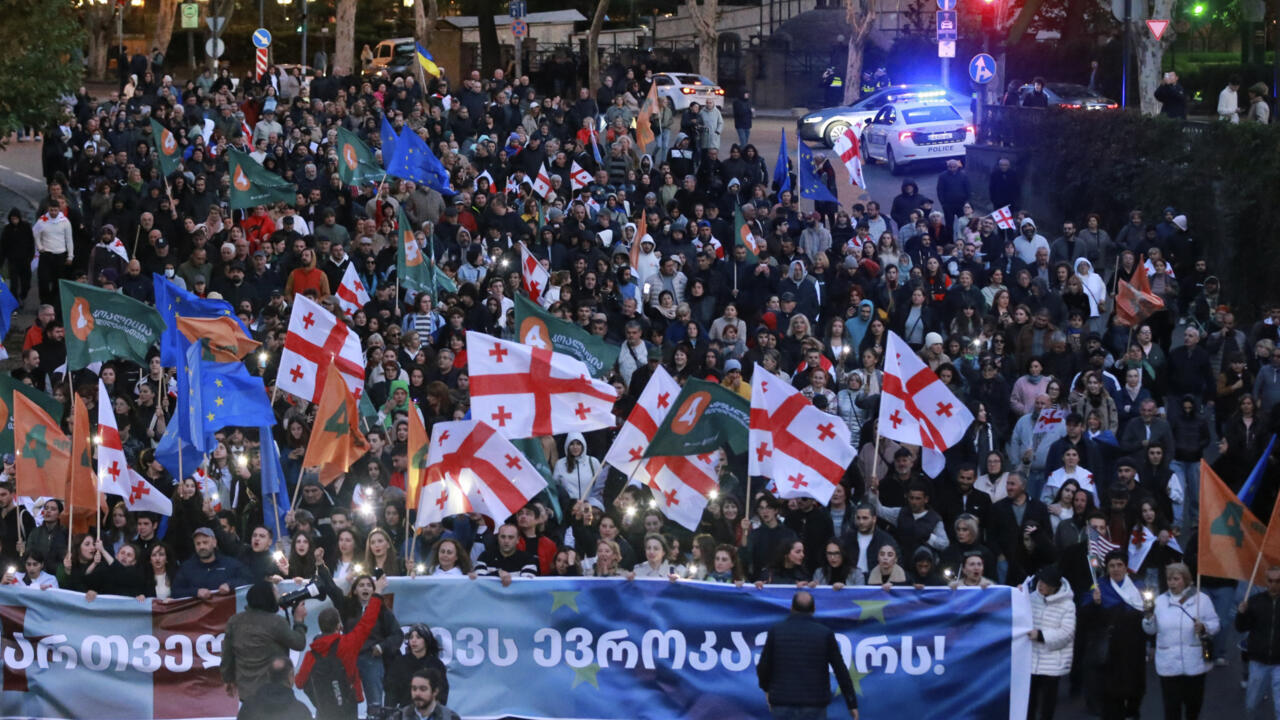
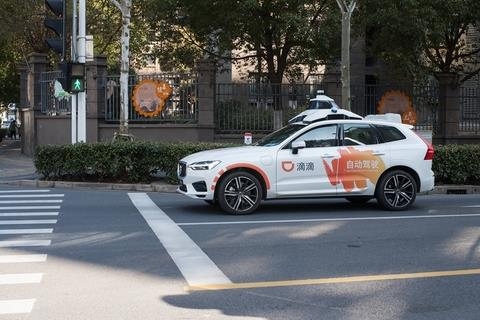

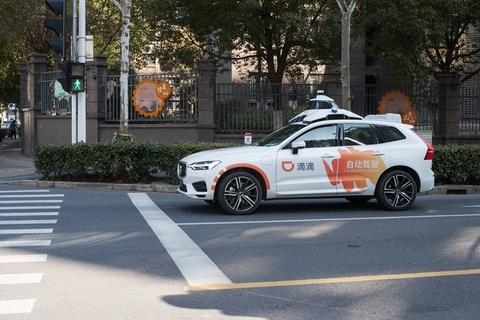
Desert Dumps (May 2024) – [Archived]
How an EU-funded agency is working to keep migrants from reaching Europe (May 2023) – [Archived]
These are just two investigation by external researchers. I would really be curious to read what the EU found. Did Ms. von der Leyen comment on why the Commission is hiding its findings?